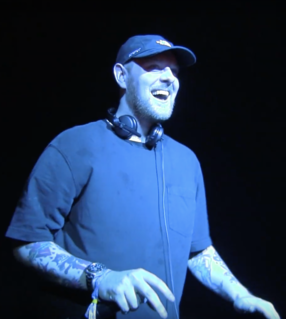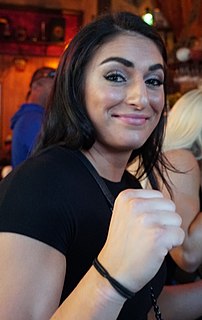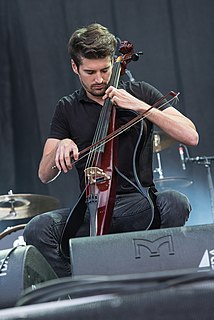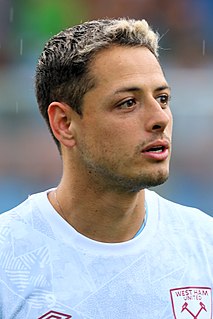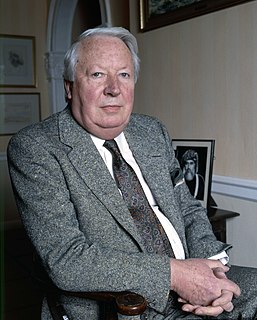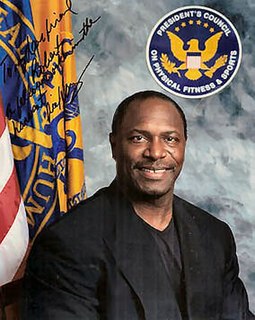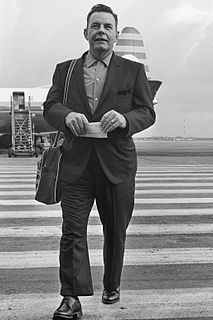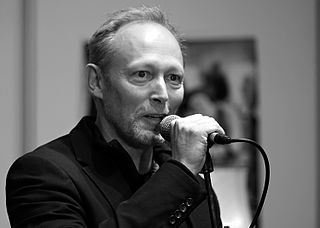A Quote by Maggie Haberman
I was a bartender for four years, and that was the best training that I had for learning how to approach people.
Related Quotes
I used to feel for years and years and years that I was very remiss not to have written a novel and I would question people who wrote novels and try to find out how they did it and how they had got past page 30. Then, with the approach of old age, I began to just think: “Well, lucky I can do anything at all.
I remember that, one day, I was visiting one training center in the 1990s that was teaching people how to fix Volkswagen engines from the 1960s, which were no longer sold. So you were training people on a skill that had zero value. The reason is that they hadn't received any new equipment in 20 years.
The fact that I was African American was never addressed, and that allowed me to just be a student, like anyone else. I was not aware of how rare it was to be an African American, how rare it was to have four years of training under my belt, and how, even though I could imitate people and fake it, unprepared I was to become a professional.
I was only 24 years old when I won my first Olympia. To be that young and the world champion was a lot of pressure. When I won the 8th one, I had the record. I was on top: that was the absolute best that I ever looked onstage, the best training and prep that I had done, and I had no regrets. I knew it was time to walk away.

